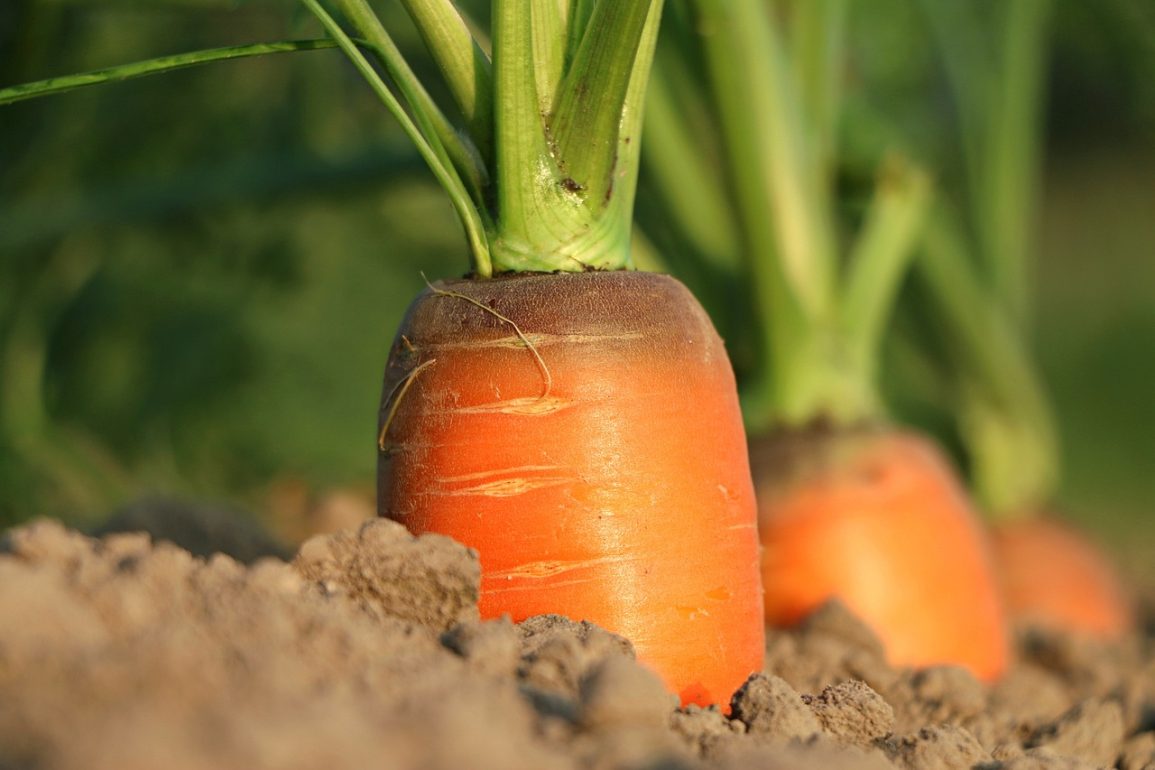Research indicates that 2023 may experience a strong El Niño, which could result in unusually high rainfall in South Africa this winter and increased temperatures with lower rainfall during the upcoming summer.
This weather phenomenon is expected to have significant economic repercussions, particularly on agriculture and food prices.
David Rees, Senior Emerging Markets Economist at Schroders, discussed the potential impacts of El Niño on global economies in a recent CNBC Africa interview.
He highlighted that a strong El Niño could disrupt agricultural output, leading to higher food prices and exacerbating inflation, especially in emerging markets heavily reliant on agriculture.
El Niño’s impact on weather patterns can cause either excessive wet conditions or droughts, both of which can severely affect food production. This disruption is likely to lead to increased food prices, and worsening existing inflationary pressures.

In emerging markets where food constitutes a substantial portion of the consumer price index, such as India, the consequences could be severe, potentially causing food prices to rise by up to 40% and leading to double-digit inflation in some regions.
The link between food and energy prices further complicates the situation. As energy prices are expected to rise, the increase in food prices may limit central banks’ ability to lower interest rates, impacting economic stability in poorer nations.
Brazil, for example, has experienced fluctuations in food prices that have influenced its inflation rates and could face further challenges due to adverse weather.
South Africa and other regions may struggle to mitigate the economic effects of a strong El Niño. Preparing for potential food shortages involves logistical challenges like storage and spoilage risks.
While stockpiling can offer some protection, the unpredictable nature of El Niño makes full preparedness difficult.
The potential for rising food prices is already affecting global markets, with rice prices in Asia reaching highs and concerns about wheat prices due to events like the Russia-Ukraine conflict. As El Niño looms, strategic planning and international cooperation will be crucial to manage its economic impacts.

